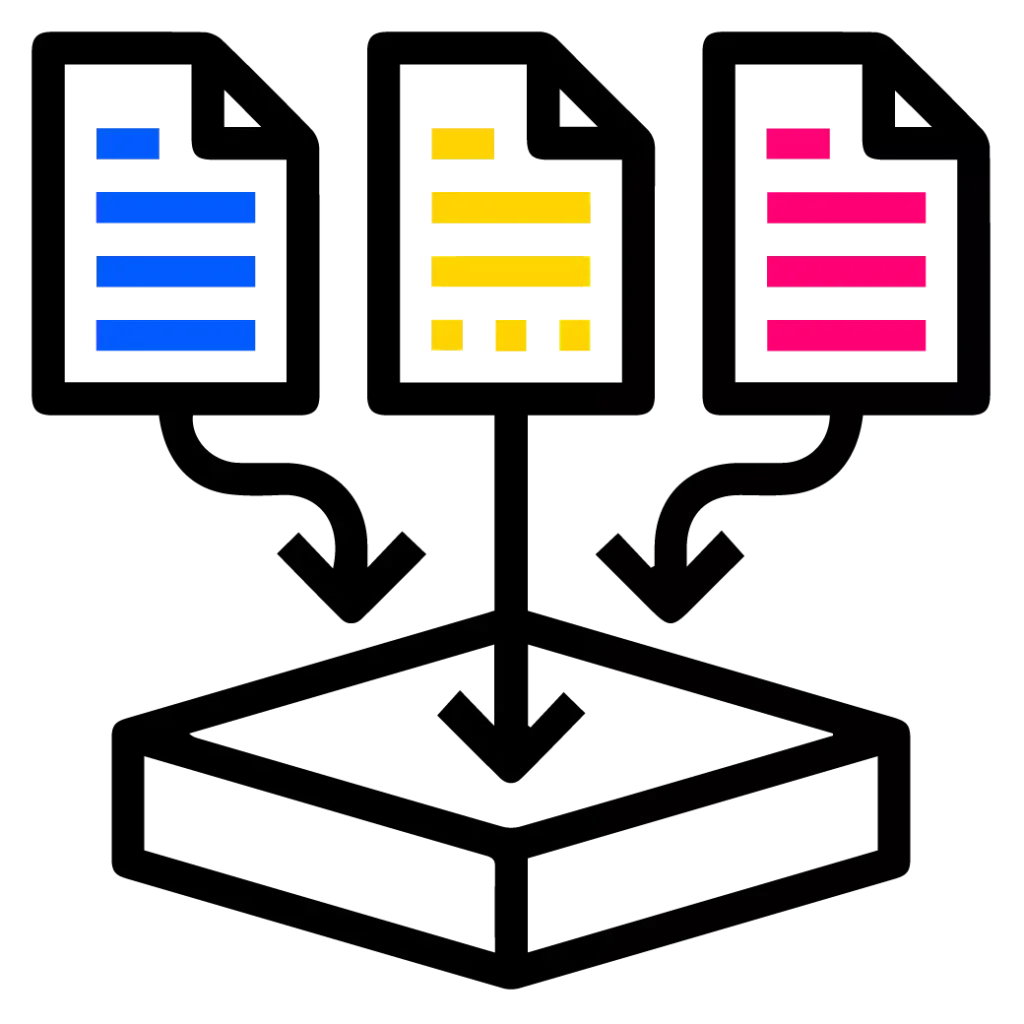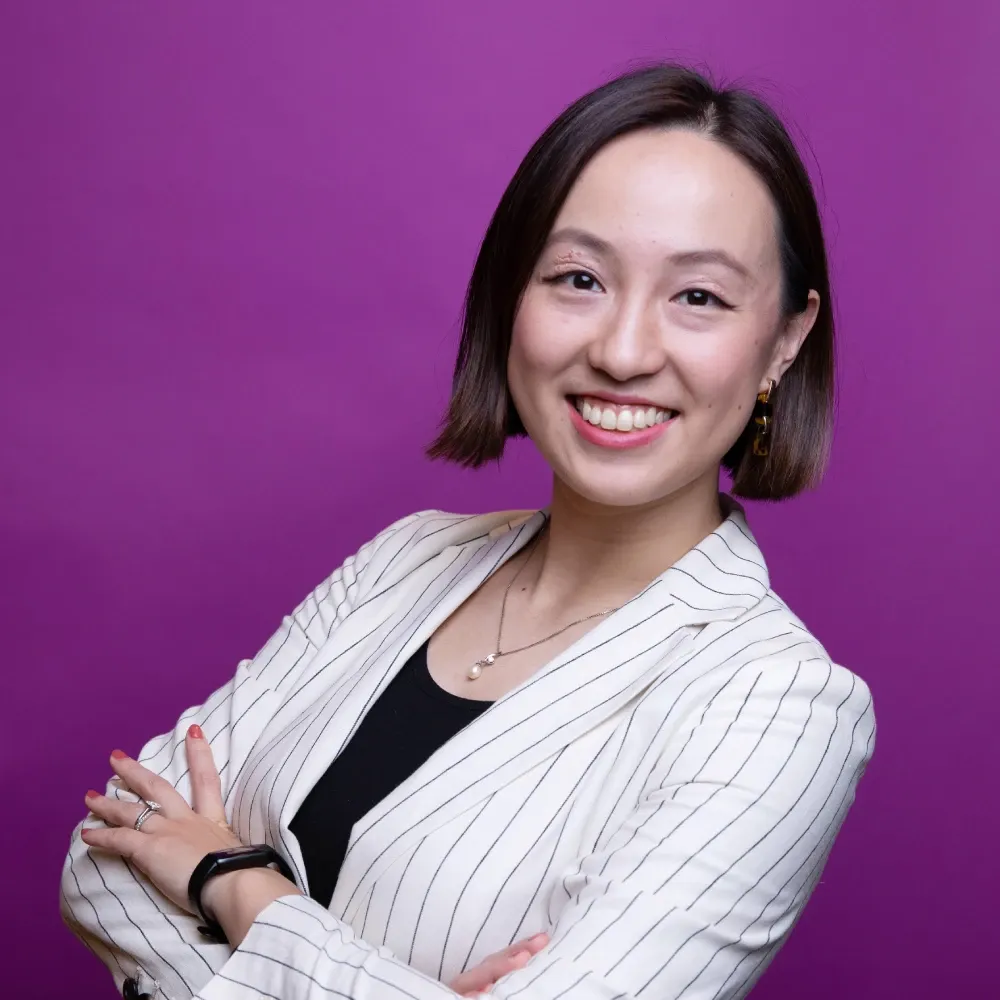Industry Knowledge
Leading Across Borders: Dr. Irene Huang Shares 5 Top Strategies to Efficiently Lead a Global Research Team
Overcome operational, cultural, and self-care challenges in managing a global research team
On June 21, 2023, Xieyining "Irene" Huang, Ph.D., Director of Global Research and Data for Wellness and Resiliency at TaskUs facilitated an interactive workshop on managing and leading a global team at the User Experience Professionals Association (UXPA) International Conference in Austin, Texas.
In leading a global team, Dr. Huang acknowledged three primary challenges that every company should consider: Operations, Culture, and Self-Care.
Operational challenges frequently center around navigating time zone differences, managing scheduling, and ensuring efficiency in team function. The element of culture introduces another level of complexity in handling diverse groups of people with varied expectations about management styles, career progressions, and communication styles. Promoting diversity, equity, and inclusion and celebrating cultural differences become key in this aspect.
Lastly, within the realm of self-care, unique and sometimes difficult challenges arise in an environment that operates 24/7. Dr. Huang pointed out that managing flooded email inboxes, ensuring downtime for self-care despite flexible or split-shift scheduling, and maintaining work-life balance without burning out are all crucial elements that leaders must address.
From there, Dr. Huang transitioned into the main part of her presentation, sharing five key strategies critical for thriving in today's international corporate landscape:

Prioritize Communication
Dr. Huang stressed the importance of communicating early and often, advocating for avoiding telephone tags and ensuring visibility for all parties involved. She emphasized the need for specificity in communications to eliminate room for assumptions and misconceptions.

Standardize Processes
Creating robust processes, especially in documentation and output consistency, can alleviate the pressure of managing a global team. Dr. Huang shared the importance of creating a reliable structure for every project, standardizing protocols, and streamlining the flow of resources, making managing global teams seamless and efficient.

Leverage Support
Dr. Huang emphasized the support needed in four areas—industry knowledge, research competence, leadership skills, and global setting experience. Leveraging insights from colleagues and leaders from multiple departments can foster a healthier, more supportive work environment.

Promote Team Cohesion
Laying stress on the importance of team connectivity and mutual trust, Dr. Huang highlighted the role of asynchronous chats, personal experience sharing, and cultural awareness in crafting a bond within the team. She also emphasized the importance of ensuring equal access to resources and opportunities.

Self-Reflect for Self-Care
Dr. Huang concluded her enlightening session focusing on self-care, urging leaders to know themselves better through frequent self-reflection. She talked about the importance of setting personal boundaries and knowing when to make exceptions, providing a holistic picture of what it takes to navigate the complexities of global team management.
For her session's conclusion, Dr. Huang referenced the art of Kintsugi, a Japanese technique highlighting the beauty in imperfection. She encouraged attendees to accept occasional missteps in their leadership journey, implying that just like Kintsugi's gold-filled cracks, leaders become more valuable each time they rise above their challenges.
Drawing upon this philosophy, it's clear that leading a global team is about fostering growth—a philosophy embodied in TaskUs's supportive environment and evolving leadership strategies. Dr. Huang's session shed light on this shared journey, underscoring global leadership's ever-evolving nature within the organization.
References
We exist to empower people to deliver Ridiculously Good innovation to the world’s best companies.
Services








